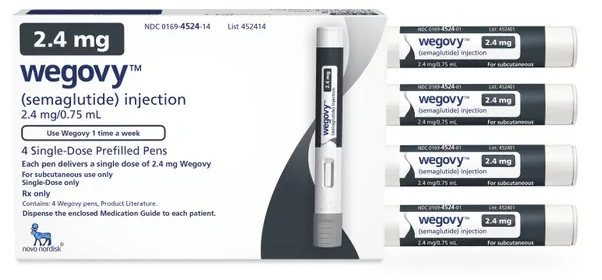
Dr Iqbal Malik
Specialist expertise: Coronary Artery Disease, Structural Heart Disease including PFO, ASD and the TAVI procedure, Cardiology, Interventional Cardiology, Breathlessness, Chest Pain, Blood Pressure, Type 1 & 2 Diabetes, Stroke, Heart Health, Valve Disease, Angina, Para-Valvular Leak Closure.
